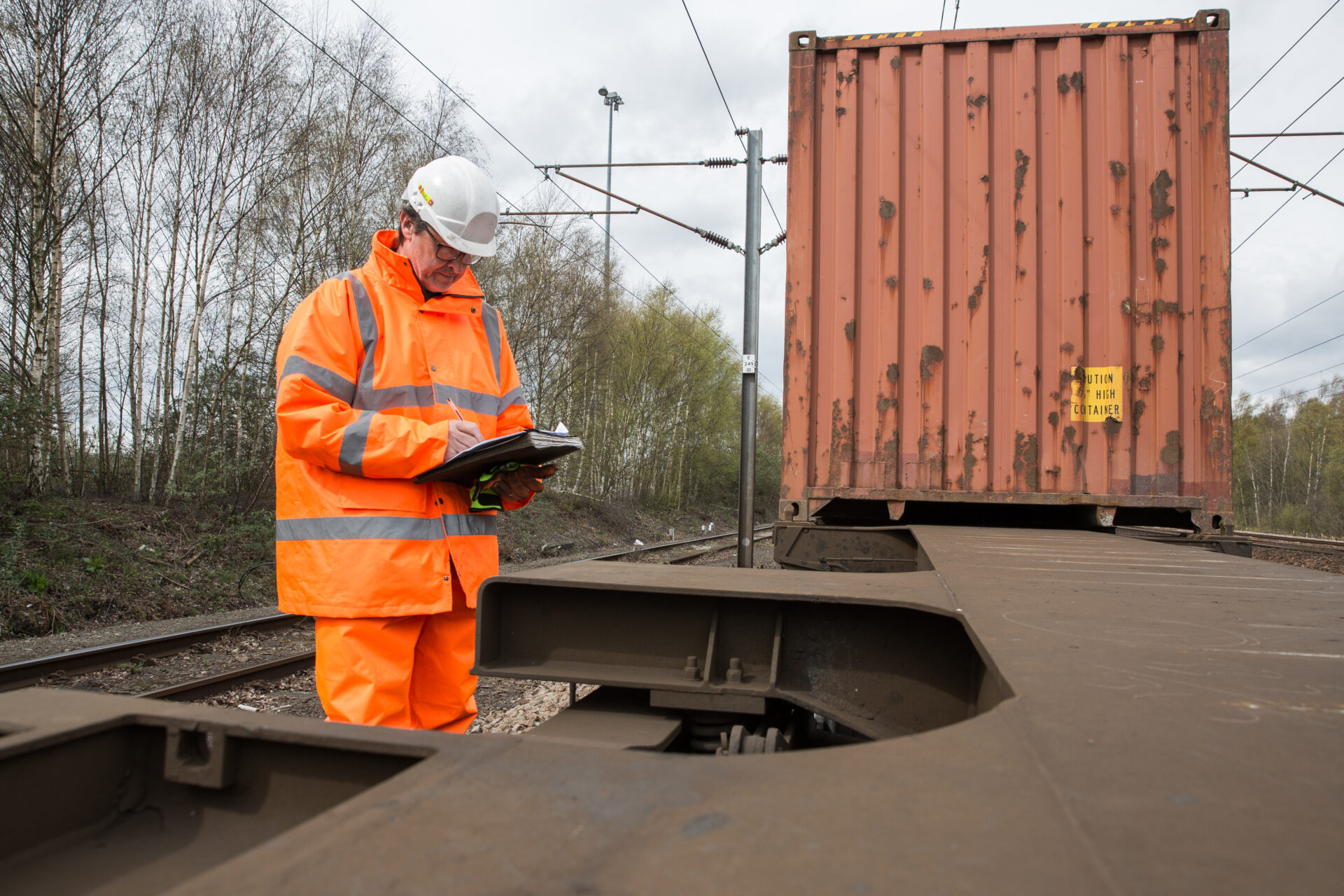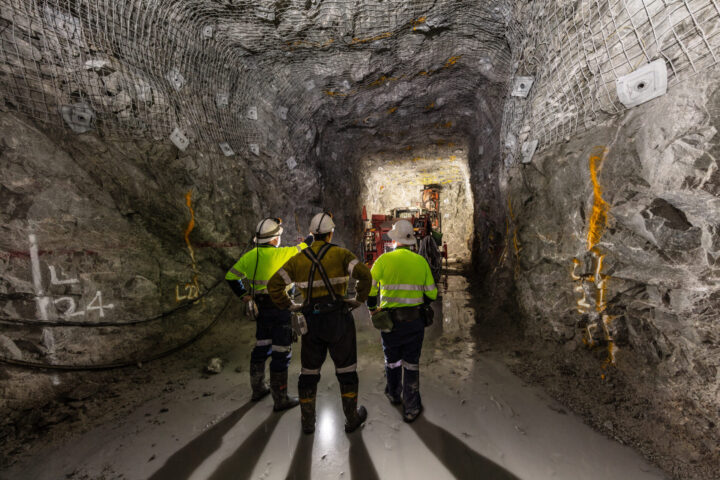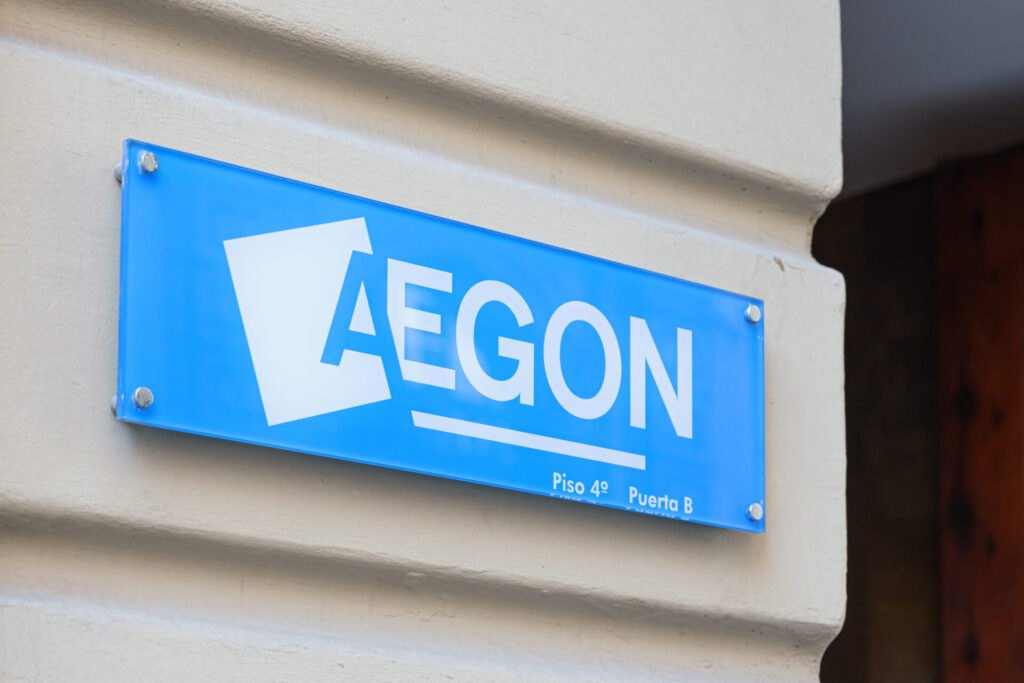RMT has today condemned the catastrophic failure of Network Rail’s Modernising Maintenance (MM) programme, describing it as a dangerous and expensive ideological hangover from the previous Tory government that has left the railway in crisis.
Findings from the union’s Post-Implementation Review, based on testimony from over 6,000 members, reveal the devastating human and operational cost of the programme. The programme was implemented to deliver £100m of cuts as part of the Government’s overall £2bn funding slash to the railways.
The MM programme, forced through without a union agreement, cut planned maintenance by 50%, reduced frontline staff, and imposed wholesale changes to working practices. Far from ‘modernising’ maintenance, it has created a recruitment crisis, deepened skills shortages, damaged the working lives of railway staff, and increased safety risks across the network.
Safety on the network is now on the brink, with 96% of operational staff stating that MM has not improved railway safety. There’s been an 85% report of an increase in infrastructure faults, and 83% have highlighted delays in fault rectifications, with issues that once took hours to resolve now taking days. Additionally, 56% of respondents cited fabricated fault numbers being created to gain track access, bypassing proper safety protocols.
Critical workforce shortages have emerged from a voluntary severance scheme that has stripped the railway of experienced staff, leaving many roles unfulfilled. An overwhelming 80% of respondents identified staffing levels as a critical issue, with workloads averaging 8 out of 10 indicating unsustainable pressure. Insufficient training is another significant problem, with 68% of respondents flagging it, and mentoring for new recruits is virtually non-existent.
Work-life balance has deteriorated with over 50% of respondents struggling to secure annual leave, and 31% citing severe challenges due to rostering shortfalls. Inequitable scheduling and an increase in night shifts have worsened fatigue, stress, and mental health issues among staff.
Morale among workers has plummeted to an average score of 27 out of 100, with 63% struggling to maintain a healthy work-life balance. Over 40% of respondents are actively considering leaving Network Rail due to these conditions.
Operational failures are widespread, with 69% highlighting outdated documents and a lack of collaboration. Apprentices are frequently overburdened, with little opportunity to complete coursework, while contractors lack the skills and experience needed to fill gaps effectively.
Responding to the report’s findings, RMT General Secretary Mick Lynch said, “The Modernising Maintenance programme, which the previous Tory government forced upon the rail industry, was an act of vandalism on Britain’s railway infrastructure and workforce. What we are witnessing is the result of a reckless obsession with cuts that puts costs ahead of safety and efficiency.”
Senior Assistant General Secretary Eddie Dempsey added, “Network Rail and previous Tory ministers pushed through a programme that has decimated the workforce, left vital maintenance undone, and driven morale through the floor. Our members are exhausted, their families are under strain, and their voices have been ignored. This report should be a wake-up call.
“The current Labour Government and Network Rail have an opportunity to reverse these cuts, address the staffing and skills crisis, and rebuild trust with the workforce as part of their plans for a unified, publicly owned railway system that prioritises passengers and workers over private profit. If we do not make the changes needed, we risk continued entrenched decline of our railway infrastructure, a deepening recruitment and retention crisis and worsening delays to services.”

















